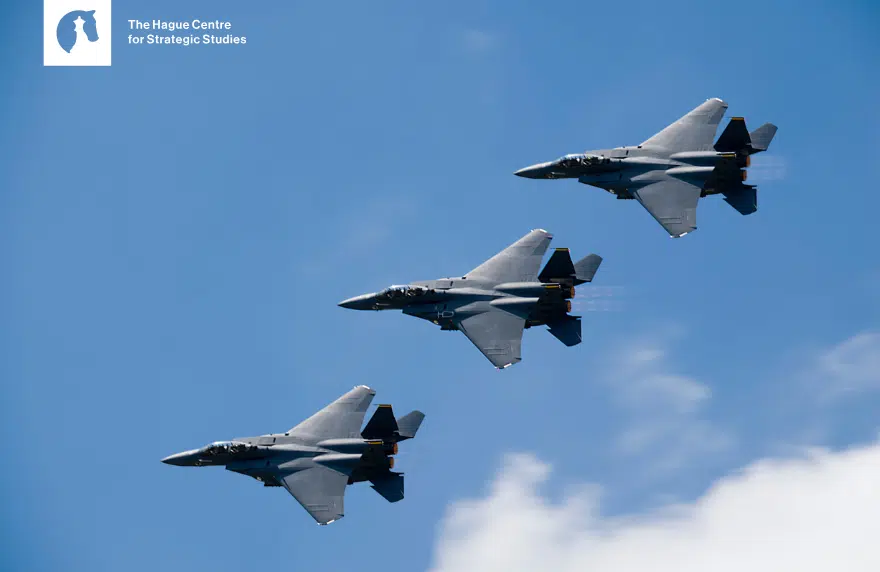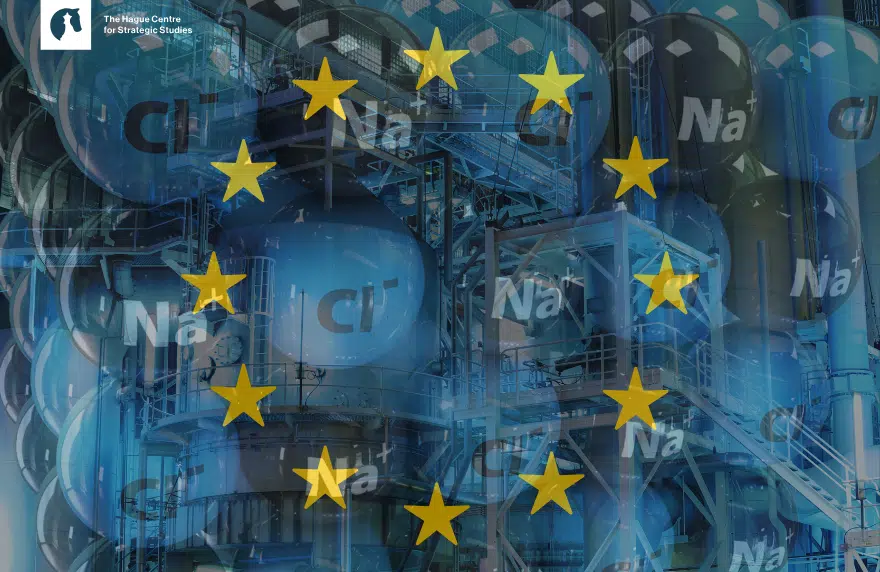What are the opportunities for alternative fuels for the military?
Fuels are the lifeblood of military operations. The resilience of fuel supply chains often determines who can move faster and more efficiently, fight longer and, ultimately, win the battle. Due to the renewed security risks on NATO’s Eastern Flank, there is a push to revitalise European fuel supply chains as essential ingredients for operational readiness.
It is essential to understand early on how the energy transition can be leveraged to enhance military effectiveness, considering the need for European Allies to revitalise fuel readiness while civilian decarbonization is reshaping the conditions of military operations. This report analyses challenges and opportunities of adopting alternative sustainable fuels across the air, land and maritime domains as of 2025.
The interdependence of civilian and military fuel infrastructure means that the energy transition will undoubtedly impact military fuel readiness. For this reason, this report identified and assessed challenges and opportunities of the civilian energy transition for military fuel readiness across the air, land and maritime domains as of 2025. Based on the analysis, the following five conclusions emerge:
- The most important feature of a military fuel is its alignment with military performance requirements.
- Changes in civilian fossil fuel availability and logistics infrastructure necessitate a reassessment of military fuel readiness.
- The gradual adoption of domestically produced drop-in fuels can reduce dependence on oil imports, thereby enhancing supply chain resilience.
- While it is in both the civilian and military sectors’ a near-term interest to increase adoption of drop-in fuels, the scale of this industry has not yet kicked-in.
- Other alternative fuels such as synthetic and bio-based methanol and ammonia are not fit for military use.
***
Authors: Irina Patrahau, Ron Stoop, Thomas Jansen
Contributors: Michel Rademaker, Bjorn de Heer
The research was commissioned by Topsoe and executed by The Hague Centre for Strategic Studies (HCSS). Responsibility for the contents and for the opinions expressed, rests solely with the authors.









